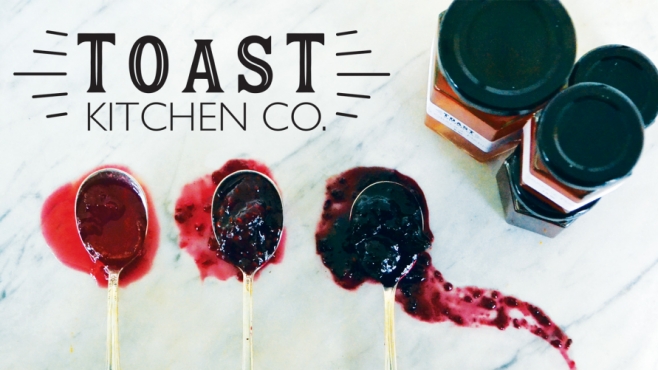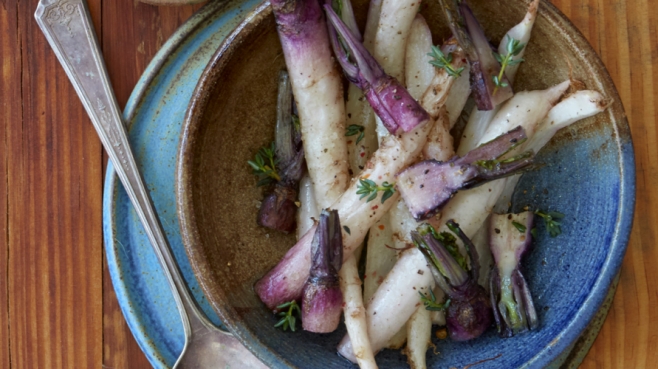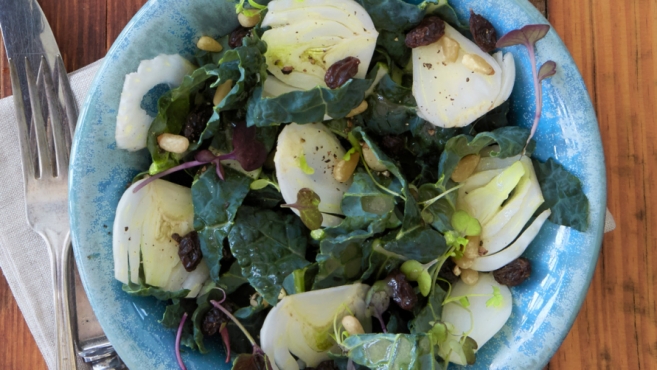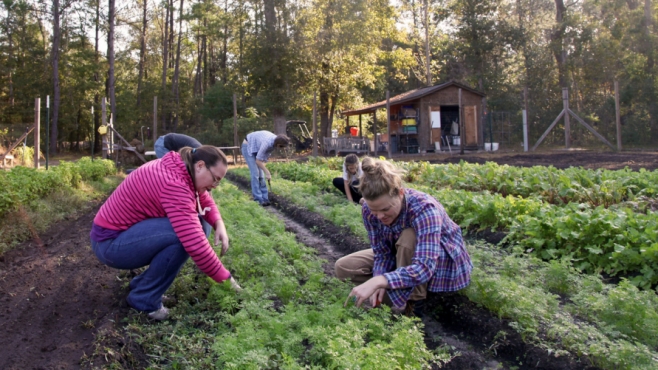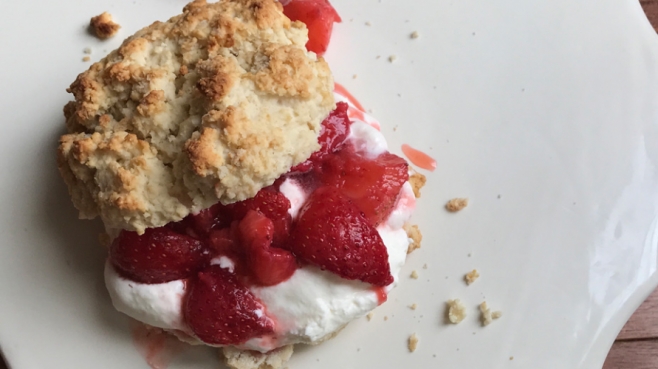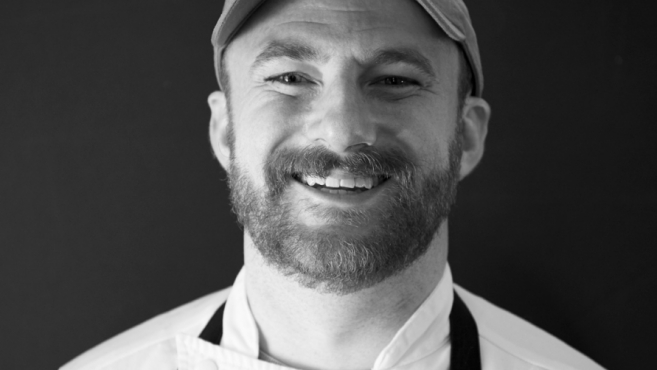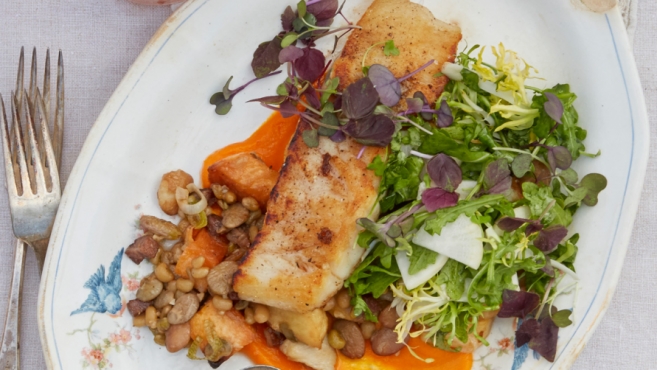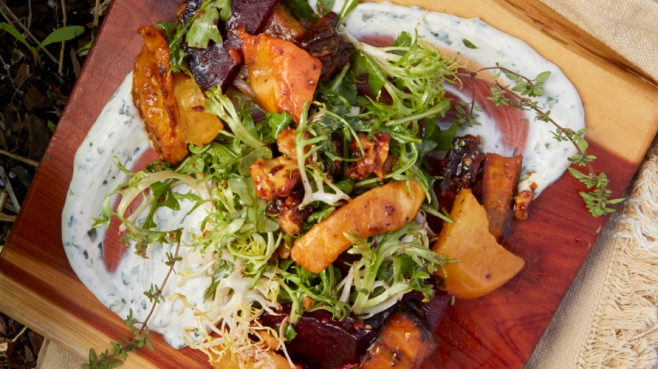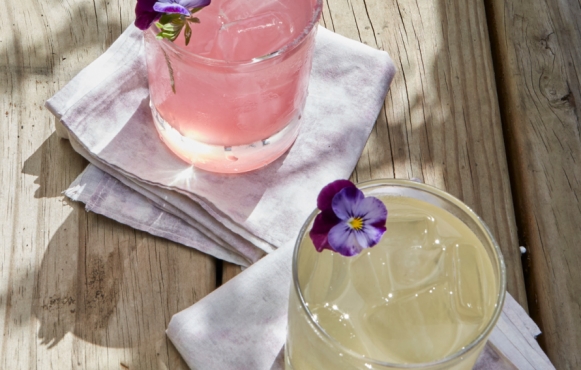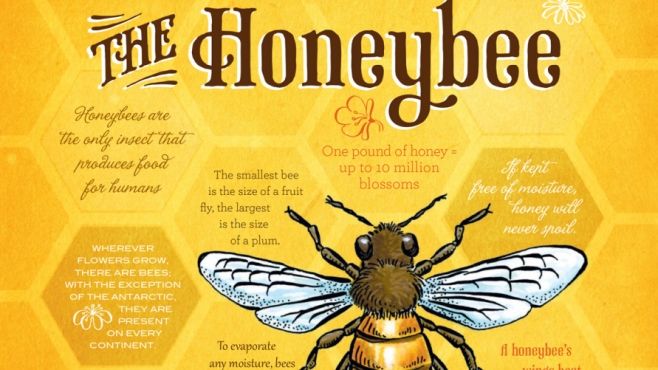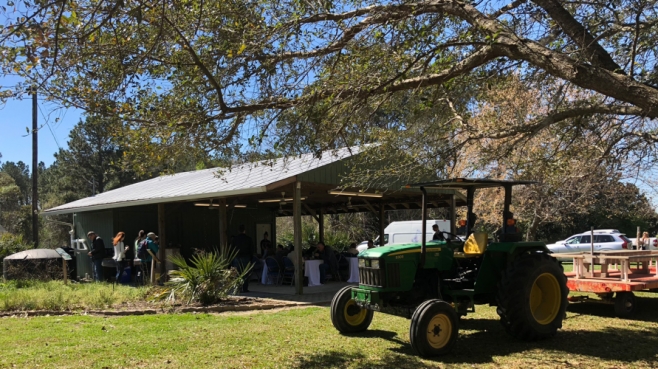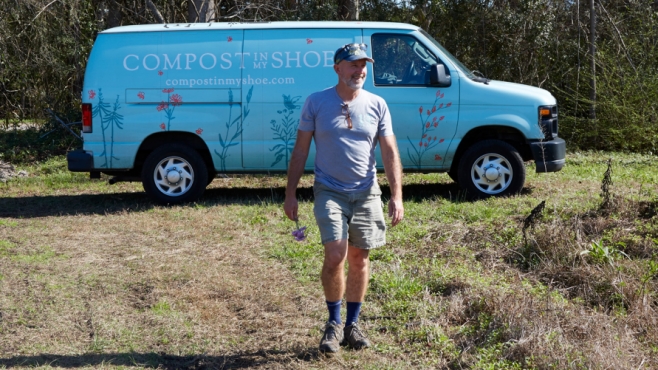In Our Spring 2018 Issue
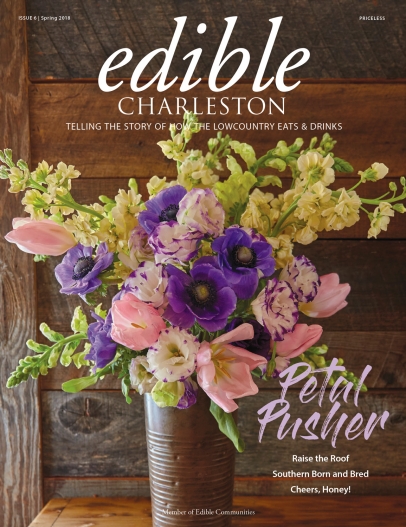
LETTER FROM THE EDITOR
With spring comes growth, a fresh start, amidst new blossoms and crisp, warmer air. It is the busy season for South Carolina farmers—the season of farmers’ markets, and the opportunity to get to know your farmers and how they grow or raise their food. It is springtime; a time for abundance and opportunity. Time to head to the farmer’s market - our “What’s in Season” on page 4 can guide you on what to expect from your South Carolina farmers. And as a year has come since inception day of Edible Charleston, so have the lessons I’ve learned: we must protect the bees, encourage and support young and beginning farmers, and the recurring lesson, support local food and therefore support the economics of our local community.
I attended Sweet Buzz, an event hosted by GrowFood Carolina, that celebrated bees and those who empower us to enjoy local South Carolina honey. I had the pleasure of listening to Amanda McNulty, host of SCETV’s “Making It Grow!”, talk about the importance of bees and how planting our landscape and provide for the bees can be pretty simple. Tami Enright, the executive director of The Bee Cause, shared insight about educating our youth about bees, and teaching the importance of bees for our food supply.
Earlier this year, I spent the day in Washington, D.C., at Food Tank’s summit, Cultivating the Next Generation of Food Leaders. I listened to some of the world’s biggest food-system advocates talk about the challenges we face as this generation of farmers ages. It was insightful to learn that the United States has a young and beginning farmer shortage, and student loan debt, land access and health insurance are making it difficult for these beginning farmers to get out of the ground.
After learning the challenges farmers are facing, I was encouraged by the farmers and local food highlighted at Charleston Wine + Food festival in March. I spent Locals Day at our booth in the Culinary Village, hearing from so many about their interest in where their food comes from, and appreciating Edible Charleston for raising awareness of local food. Read our Last Bite on page 24 to hear about Reap + Sow, an event supported by Edible Charleston. And save the dates March 6–10 for the 2019 festival.
This issue marks our one-year anniversary, and we have so many people to thank for the support and encouragement; to those who have held our hands and lifted us up this first year—you know who you are—we are so grateful you have been brought into our lives.
Thank you to the farmers, artisans and chefs who blindly took a chance on us (especially Issue #1) and let us share your stories.
And thank you, our readers, for embracing us, and wanting to know the stories and how to sustain the efforts of the farmers, chefs, food artisans and fishers within our community.
Happy Anniversary Edible Charleston!
-Jacquelyn McHugh, Editor in Chief


